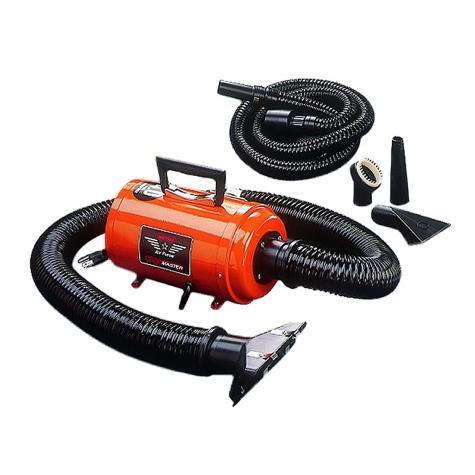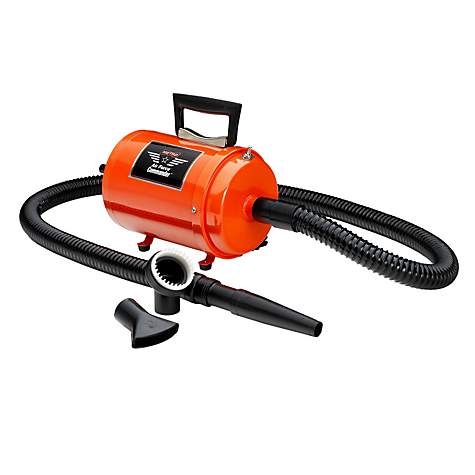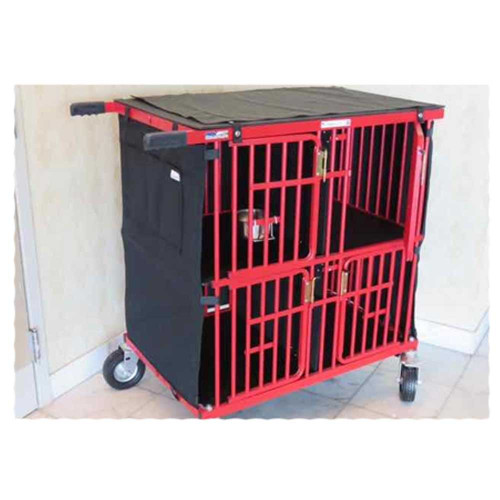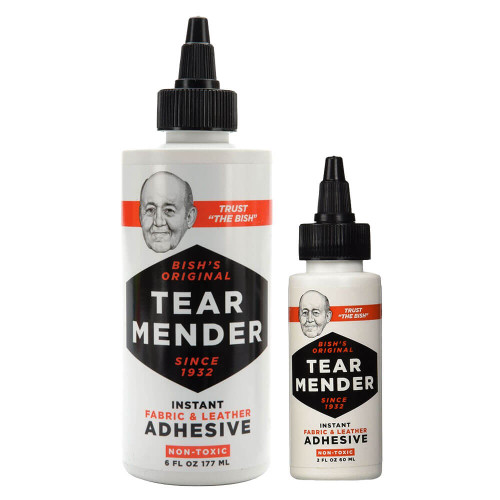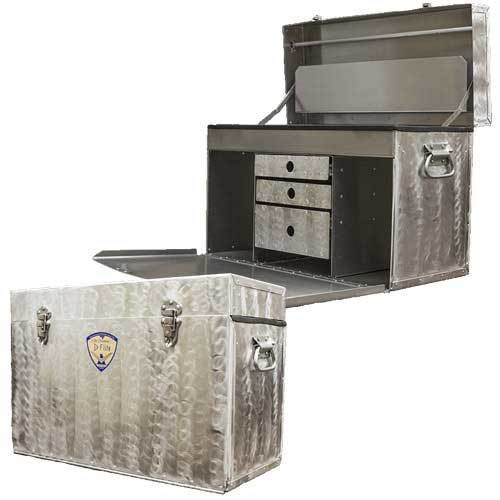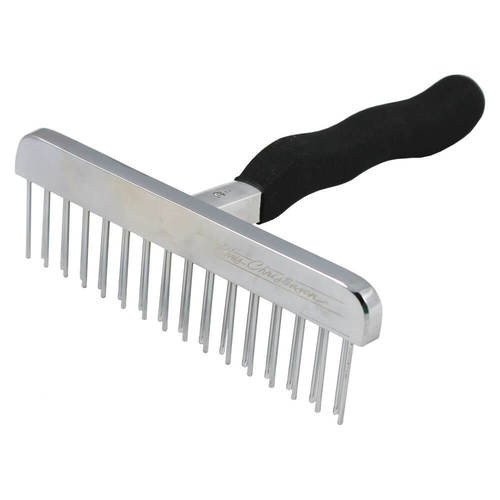Finding and Choosing a Show Quality Puppy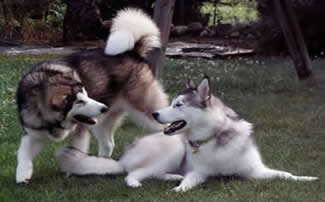
A bit of advice ...first, it's going to cost a LOT of money, will be a lot of frustration and heartache, and never goes as planned...but if you are determined maybe this will help you avoid some grief. There's a saying in dogs, new people will probably only "last" 5 years....and it's very true. I've lost count of the people who have come and gone from showing. Bright stars that burned out with a psssssst. It became too expensive, or to heartbreaking to continue. Or they won big with a dog they bought, but could never replicate that success. Some try with a different breed and eventually become successful, some just give up and go back to a "real" life. No one really takes you seriously in dogs until you've been showing at least 5 years and have 5 good dogs ...anything less and you're not taken seriously no matter how good your dogs are.
So you are determined to find a good show dog huh? Well, first let me warn you - nobody will sell you a good bitch - which is what you really need to start a good kennel. You may be able to talk someone out of a nice dog, but a bitch is what you REALLY want ...because if she turns out to be good, she will be the foundation for your kennel. (I'm using kennel liberally here ...I would hope you are not just warehousing dogs to win, but they are your pets first and showing is a side activity you do with them). A kennel does not have to MEAN kennel, it's a euphemism for "dog showing person with a couple or more dogs". (I'll be using correct terms here too - a girl dog is a bitch - if you can't handle that you shouldn't be in dogs - get over it!)
So where to start? Visit an AKC dog show - there are other shows, but the quality at AKC shows is higher. Talk to breeders and handlers to learn about the different breeds. Find out how much exercise, grooming and training a breed needs before selecting your first show dog. Watch the Junior Showmanship classes and talk to youngsters about how they got involved in the sport of purebred dogs. You want to talk to everyone you can. You will get a LOT of misinformation and hear a lot of bragging (and BS). Take everything you hear with a grain of salt...some will be true, some will be nothing more than someone's ego talking.
Find a reputable breeder. Easier said than done....as I said, no serious breeder will sell you a truly fine bitch to get started - they will keep her for themselves. The true strength of any kennel is the bitches. You can go to any stud dog, but a kennel's quality is in it's bitches. Though you CAN get a great pet this way. If you are serious about getting started, don't worry so much about buying the perfect bitch, worry about the lines behind her (which you've researched in depth, right?) You might have a chance if you are best friends with the breeder, but probably not. .. On the other hand, if you can convince the breeder you are serious about showing it's quite easy to get a top male to campaign which can bring you credibility so you can purchase a better bitch later.
If possible, buy a puppy from a breeder who will become your mentor. Do NOT buy a puppy from a kennel because they have big winners or baffle you with bull**** which is all too common. A smaller kennel will have more time to help you - the big ones are too busy shining their OWN trophies and egos. Many a prospective newbie show person has gotten involved with a large kennel only to find they never get to show the dog themselves. The breeder demands to be able to show it (to make sure it wins) and you learn nothing. You need to make your own mistakes and eventually chart your own course. Most of all, be honest and up front with the breeder about your goals and desires. If you only want to show occasionally, say so. If you want to (and have the money to) campaign a top show dog - tell her that too....this is not the time to be cagey - most breeders would love their dogs shown - by the right home. This will hopefully be a long term relationship. Tell her you want a show dog and ask to be her apprentice. Visit the breeder's home and become familiar with her kennel and pedigrees. Building a relationship with the breeder of your show dog is a recipe for success.
Join an all breed or national breed dog club but be careful. Many clubs will work you to death and you learn nothing. The main reason to join a club is respectability and connections. Some clubs also are wonderful about having educational seminars, but they are few and far between. If you can find one that does, it's an excellent resource. You're going to need a stud dog eventually for that bitch and these people will know who to go to. Find a club that offers training classes and holds dog shows. Meet long-time purebred dog experts and first-time show dog handlers at club meetings and further your education. To find a reputable breeder, AKC dog show or club in your area, visit www.akc.org. If you are young, you might consider apprenticing to a professional handler. This is what many of the top juniors do. They spend a lot of time helping groom and cleaning kennels but they have the opportunity to pick the brains of top handlers. They know this because they grew up in dogs and are probably second generation. The only way you will "catch up" is to find your own handler to mentor you.
When a show-quality dog is purchased, (and for that matter even a pet) you should ALWAYS sign a contract. The problem in buying your first show dog is that you often do not know what is important. It's also important not to get yourself in over your head. Don't agree to co-own the dog if you don't feel comfortable with someone looking over your shoulder and telling you how to show and breed it. Don't agree to showing a certain number of times per year, feeding certain food, breeding so many litters, etc. unless you are sure you can do it. Co-ownerships have made enemies of close friends so my recommendation is don't do it unless this is someone you have a close and stable working relationship with.
In the contract you'll need a health provision that guarantees normalcy in the hips, elbows and eyes; no blood deficiencies; no inherited diseases particular to the breed that are life endangering or will restrict breeding capabilities; no breed disqualifications or faults so severe as to effect a condition that would make it impossible or highly improbable to finish the dog's championship. And don't be like some show people. If the dog turns out to be a pet after all, love it anyway. Yes, the big guys will say get rid of it - even "put it down" (yes, we heard that from some local big names and you'd be surprised who, as you've probably heard of them) but you are into showing for the wrong reasons if you don't LOVE THE DOG for itself. So maybe it's never shown, but so what? In a dog's lifetime it's shown maybe a few weekends a year - should that be your only criteria in owning it? The contract is mainly to keep the breeder honest. So they don't sell you a pet as a show dog. They will be more likely to honor the contract if they think they may get the dog back or have to replace it or pay you.
If a co-ownership is involved, be exact as to the rights and responsibilities of both owner and co-owner. Co-ownerships are difficult at best. We were fortunate in that our first dogs were not co-owned giving us total freedom to pursue the breeding plan we wanted. With a co-ownership the co-owner has the right to approve or disapprove your breeding program and showing schedule and micro manage it. Make sure this is something you can live with. The advantages are the breeder probably knows the judges better than you do - so you'll have the inside scoop on who is likely to give you the ribbons if your breeder is the co-owner.
Be specific about whether there will be a replacement of the dog or a refunding of money if the dog is not able to be shown. Many a show dog was required to be returned to the breeder (with crying children that loved it in the background) because the breeder was so kennel blind as to think the dog still should be shown and wanted it back. Don't put your kids through this. Make sure that if something doesn't pan out, you can keep the dog if you want to. Put it in writing!
If the purchase includes a "puppy-back package," be specific as to which puppies in which litters. This is one of the stupidest requirements out there. Good for breeder, bad for purchaser. Breeder gets a dog with no work. Buyer gives up his best puppy (usually) to the breeder who already has established lines. You want to be able to keep the best puppies from litters you breed. Period. If not, why are you doing this?
Many new exhibitors in their zeal to purchase a show dog can be easily confused by breeders and or, sold a bill of goods as to the attributes, the "show ability" of the pup they have just bought. Show dog is relative. It's in the eye of the beholder and frankly, you as buyer don't have the experience yet to pick a good show dog. You may think you know, but you don't. You MUST trust the breeder to be honest with you. Many are not - they just want their show puppies in homes what will campaign them and show them without regard for how good the dog REALLY is. Trust is going to be a strong factor in your decision to buy a puppy. Not wins. Not lots of wins (those can be bought). References may help - as long as they are not from people who own that person's dogs - they will be biased one way or the other. And other competitors are not reliable, if the person has good dogs, they will likely badmouth them. Your best bet is go with your own gut, and learn before you buy. We have a good friend that is a pet owner, but he knows his Malamutes. He can always pick the best puppy in the litter. He doesn't show, but he knows a good dog. You need to develop an "eye" for a good dog.
So what do you look for? To begin with, start with a "style" of Malamute you like. Do you like a dark coat, light coat, unusual colors like red and white? Face markings? Small compact build, or leggy and big? Go to dog shows and watch what wins. Malamute styles are quite diverse. Though this is not a great indicator because different "styles" often win differently in different areas of the country - but it can give you an idea of what tends to win in one area. Go to several shows, go as far a field as you plan to go when showing to see what wins there. Study. Learn. Ask lots of questions. Then buy what you like.
Just because a breeder is a novice doesn't mean he can't have good dogs. Trouble is, some novice breeders have not yet developed the skills to pick a potential show pup from the litter. Just because the litter is from two champions does not mean the pups will all be champions. There is a genetic rule that breeding will always default to mediocrity. What this means is two really awesome dogs will not have puppies better than themselves - but two mediocre dogs can produce something better than themselves. Keep this in mind. The goal of any breeder is to have pups better than the parents.... That said, just because a breeder breeds a lot doesn't mean he knows what he's doing either. There are big show breeders out there that think EVERYTHING they breed is show quality. They toot themselves as "top breeders" and they don't produce anything particularly extraordinary but to hear them talk they are the best. No, they just think they are. This is the last person you want to buy a dog from.
We've all been at ringside and watched a newbie showing an obviously pet quality dog. I'm sure the sincere owners hope it will be a champion. Unfortunately, few "show people" will tell the owner the show dog which they paid big bucks for is not in reality show quality. Two reasons for this - one is they probably don't want to hurt the newbie's feelings and 2nd - it benefits the experienced show people because their real show dog will easily win the points over the pet. That's called padding an entry. It happens all the time. There's another saying in dogs - if they are nice to you, your dog is junk, if they hate you it must be good. Unfortunately, that's all too true! The actual responsibility is not for the spectators to say what is or is not a show dog, the place and time for this decision is in the ring with the judge. It is the judge's job to excuse, for lack of merit, any specimen which does not measure up to the standard. Unfortunately few judges will do this dirty deed because they either don't want to make waves, just don't know, or even care.
This is a list I found that tells you what is considered a "show dog" but it really tells you nothing.
1. No disqualifying faults, according to the standard - but you have to know what they are first - and some things are not disqualifying in the standard but ARE going to make it pretty much impossible to win - a wooly coat is a great example of this.
2. Possesses breed type - you are a newbie, do you even know what this is? Seasoned veterans can't always agree!
3. Faults are minor in nature and would be defined as "could use more of" rather than "lacking in" - another nebulous and subjective evaluation
4. Show attitude, a willingness to perform under pressure of the show ring - ok, the dog is hard to live with. Great show dogs always are. They are pushy, demanding, and want you to give them all of your attention and be the center of attention. That's show attitude.
5. Can place in the ribbons in any show, under any judge at least four out of seven times - assuming the judging is fair, and it isn't always possible. Forget the numbers. You want to place in the ribbons at most shows - you don't have to be the big winner, but you want to hear your dog has merit.
6. Has balance - probably one of the best indicators but you have to know structure to see this (get studying!)
The point is you must look at the dog a whole, not it's parts. That's very hard to do without experience. And it's even harder to do when that dog is still a puppy and may grow up and change. Structural faults that are considered minor in one breed may be major in another. You need honest discussion with people that know. In Malamutes you will be told one thing and then another and they'll contradict. The answer to this is read the breed standard. And the OLD breed standard before it was made politically correct. In our opinion the things that are important are balance, a good head, excellent movement, nice coat and good bite. Some other breeders would disagree. Some might feel being east/west in the front, pigment, tail set or mismarks are more important...but in actuality they ALL are important and no dog will ever be perfect. That's the whole reason you are breeding - to attain YOUR ideal of the perfect dog. The breed standard is there to guide you, but in essence it will be your decision. So buy what you like.
Placing in the ribbons is vital to being a "show dog". Why buy a show dog if it can't win in the show ring? Trouble is ....a great dog still may not win. It also takes a certain amount of handling skill to show a dog and have it do well. So you will also need to take handling classes to learn how to do this. There are also politics in the show ring which make it easy for some, tough for others to finish a dog. Included with this political complexity are the dogs which are excellent and finish fast, dogs which need mercy from the judges and a gray area wherein a dog has been campaigned for a long time, even years and just doesn't seem to finish. Most often this can be attributed to marginal handling skills. While the dog may have some structural problem, it can also be handling skill that keeps the dog from winning. One of the reasons we don't win as often as we like is we just don't show as often as we'd like....you have to show to win - and that can get very expensive very fast. We know more than one person who has lost their home, dogs and life because they got addicted to showing - needing to win. They needed that ego fix. Don't let this happen to you. Better to not show and breed good dogs than to feel you must show, or be compelled to show and lose everything! I was given this great advice by an old AKC judge years ago, and it's been very good advice.
So where do you get a dog?
You need to be assured of the quality and origins of the dog you are purchasing. Breeders are not always honest. I can almost say breeders are never honest - but I suppose a few are! They will tell you the sun rises and sets on their dogs and that they are perfect, with no defects or problems and expect you to believe this fantasy. Because you have big dreams and are naive still, you will believe them. First thing to do is stay away from the obviously stupid places to obtain a show dog: pet shops, newspaper ads, people that breed too much. You want to concentrate on show breeders - but to avoid disappointment you want show breeders that have a conscience and look out for the health and temperament of their dogs as much as how "showy" they are. Buying a dog to show is an investment, the reason we exhibit a dog is to compete against other dogs of a similar age or class in order that the best one that day is the winner. A person wishing to breed from their bitch or use their dog at stud must be able to prove their dog has the qualities needed to improve the breed. You'll also need the conviction that you are breeding to improve the breed even if you DON'T WIN. This is vitally important. At any given show most dogs will lose, so if you think you need to win every time, you are misguided. It is more important to be "in the ribbons" every or most of the time. Big wins are not nearly as important (because often they are political) than consistently being in the ribbons, especially in areas with strong competition.
Not what you wanted to hear is it? No, you may never finish your "show dog" as a newbie. The cards are stacked against you - you aren't well known, you have marginal handling skills, it will be difficult to buy a good dog with no "experience" (remember that old problem from high school - you need experience to get a job but need a job to get experience? - same thing applies here). You must "pay your dues" and be patient. Sometimes the rare person that lucks out with a fantastic show dog, wins everything and then is gone in 5 years. You must have staying power to do this right. You won't win allot. But you'll win. You won't set the world on fire - but in the end you will create your own line and look that will bring you "dog show immortality". That is the REAL goal of breeding. To create a line of dogs that can be identified and appreciated by people in the know. It's not the win folks. It's the end result of years of hard work and careful breeding. And it will only benefit the Alaskan Malamute to become a better, healthier, more beautiful dog....
BOOKS ABOUT SHOWING DOGS


